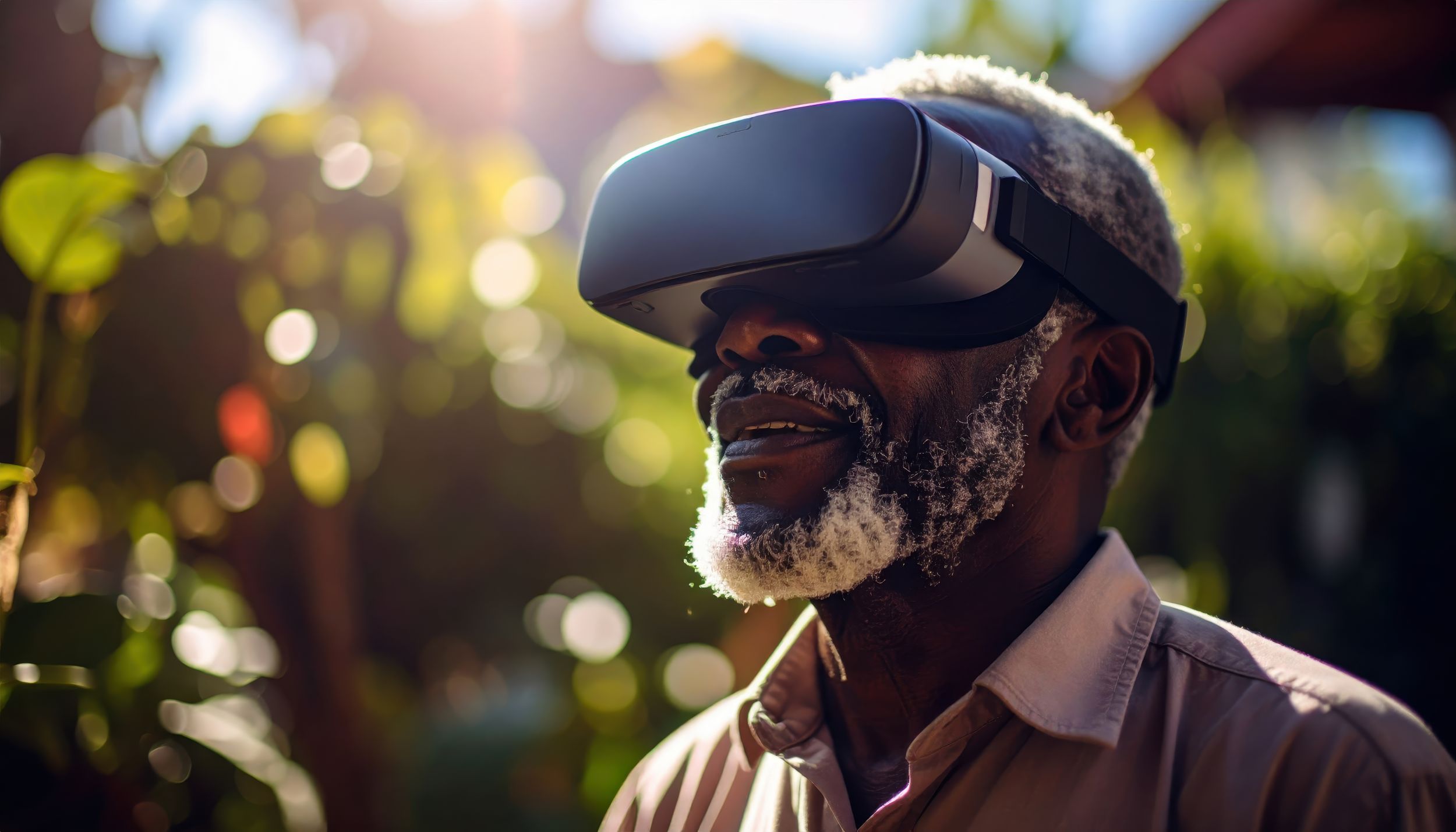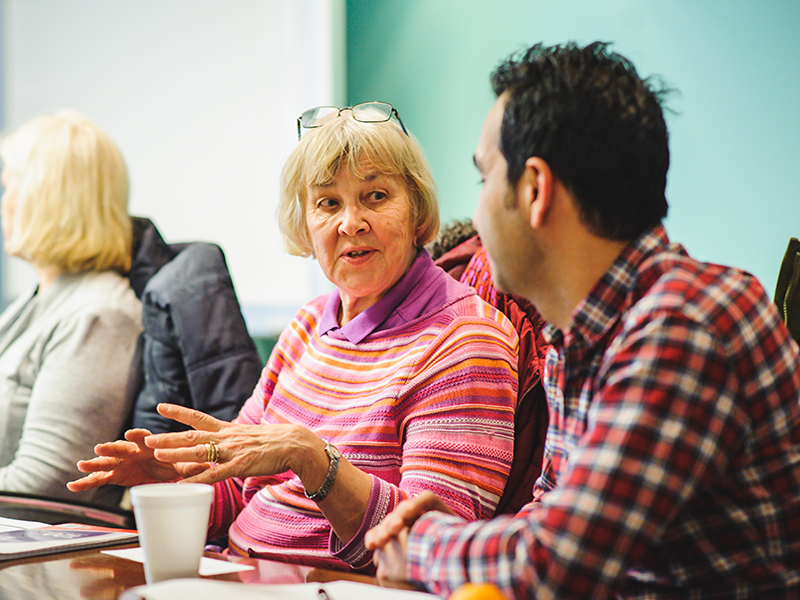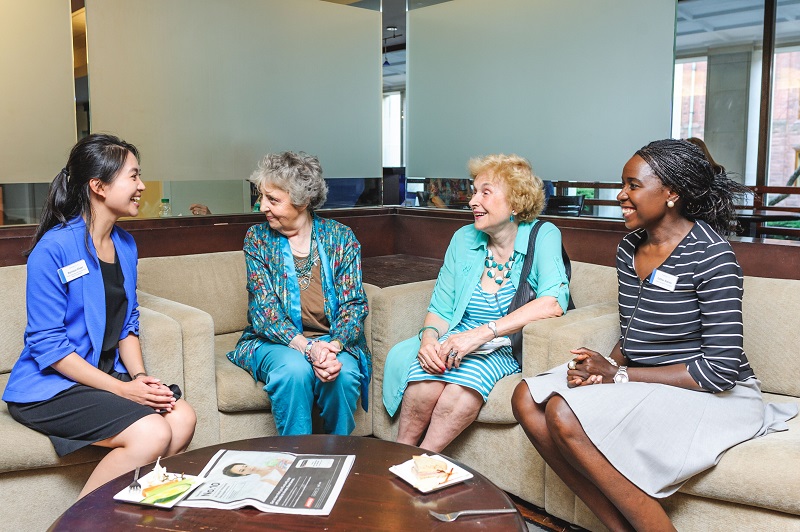
- This event has passed.
Summary:
This webinar will explore how nature-based virtual reality (VR) and other technology-based approaches are being used as non-pharmacological interventions to support people living with Alzheimer’s disease who experience behavioural and psychological symptoms, such as depression or agitation. Attendees will learn how immersive, nature-inspired experiences can improve mood, reduce stress, and enhance quality of life for people living with dementia and their care partners.
The session will then introduce a new study at the Centre for Addiction and Mental Health (CAMH), led by Dr. Harmehr Sekhon, that is investigating whether an at-home, nature-based VR program can help manage depression in Alzheimer’s disease. The study also explores how these tools may help people maintain independence and age in place longer.
This webinar is presented in plain language and will include time for audience questions.
For more information on the study, visit: https://tdra.utoronto.ca/study/vrn-ad
Presented in partnership with the Toronto Dementia Research Alliance and the Alzheimer Society of Toronto.
About the Presenter
Dr. Harmehr Sekhon is an Assistant Professor at McGill University and an Associate Scientist at St. Mary’s Research Centre. She completed her Ph.D. in geriatrics at McGill and postdoctoral training in Geriatric Psychiatry at McLean Hospital, McGill University, and the Centre for Addiction and Mental Health (CAMH). She is the Director of the GeriTech Innovation Research Lab, which includes a team of eight members working on novel technology-based interventions to support healthy aging across the care continuum.
Her research focuses on developing and testing innovative digital health technologies—such as virtual reality, telehealth, and robotics—to improve diagnosis, treatment, and quality of life for older adults living with dementia and other mental health challenges. To date, she has published 50 scientific papers and holds an H-index of 20.



